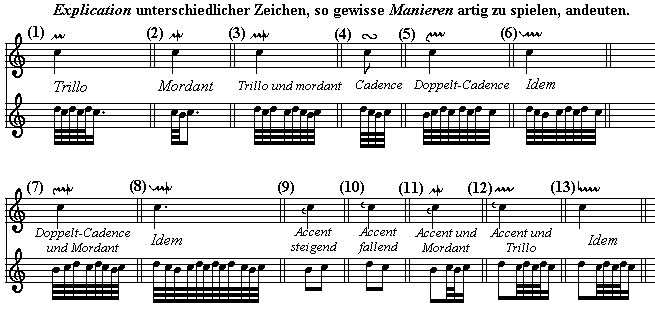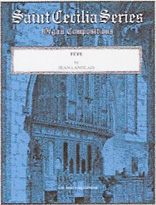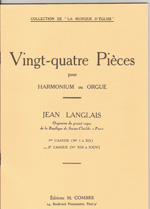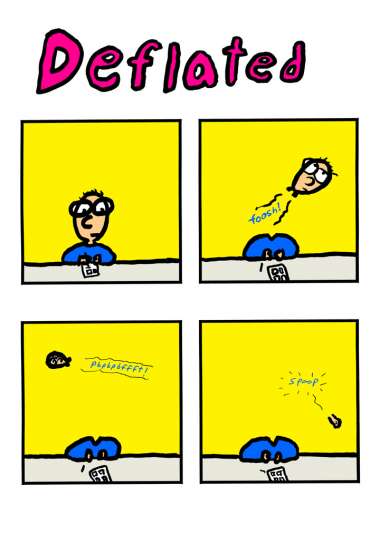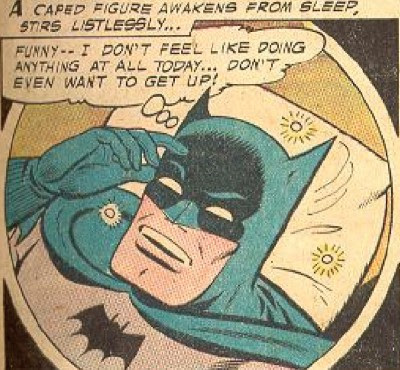
Had a very busy productive day yesterday. I was so busy I didn’t have time to treadmill.

I sort of co-taught a small portion of the review for the Ballet I class. The professor again this year asked me to explain meter to the class, specifically triple and duple.
It’s nice to be treated as a semi-colleague by others. This happens rarely to me these days (this excepts of course my current boss at church!).

Today the same prof has requested me to play for her mid-term (changing my Friday class from my previously scheduled teacher).
My treatment by the Ballet department profs and my boss is in such stark contrast with the way most other local musicians treat me (when they even bother to acknowledge I’m around). Sorry if this sounds a bit bitter but, recently the local theater tried to hire me last minute for the pit for a musical. They offered me $75 for three performances. That’s $25 an evening. I don’t need more things to drain my elderly energy at this point and would have probably turned them down any way. But I found their offer a bit depressing.
But speaking of colleagues, I had a short but productive meeting with my boss yesterday. Then later I had a pleasant phone conversation with my old organ teacher at Notre Dame regarding the ongoing organ project at my church.

He explained to me that sometimes (due to profit margins) a builder can make more money on a small project like ours by charging less (100K instead of 150K). I was having trouble understanding some of the builders objections to my creative ideas of pipe placement (trying to get the pipes to speak more directly into the room).
He offered to stop by sometime when he’s in the area and take a look at our room (the church). I promised to take him out to eat if he did so.
Gave my student his last lesson for the season. He changes his residence to Washington DC at this time of year. My one student is an octogenarian and a pleasure to teach. At my suggestion he subscribed to Naxos (an online streaming catalog). We also discussed the new trend in editions of music that combine scholarship and practicality. I will miss teaching him until he returns in the spring.
Got home just in time to prepare supper: home made tomato soup, cheese bread and apple cranberry crisp. Streamed Ginestera string quartets performed by the string quartet, Enso, from Naxos as I cooked.

By the time Eileen got home I had Chopin streaming from Spotify and was waiting for the bread and crisp to finish baking. I hate to keep repeating myself in this space, but life is good.






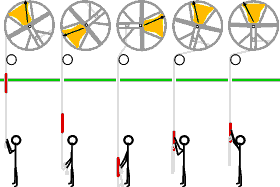







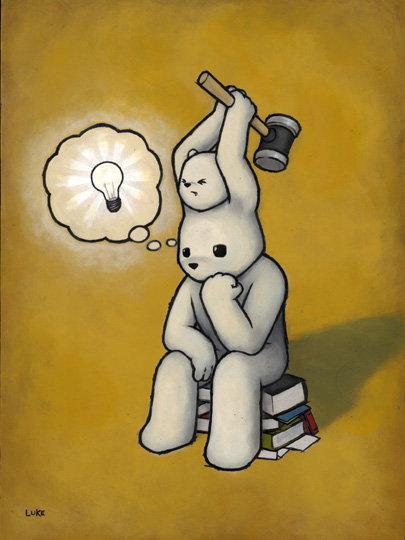



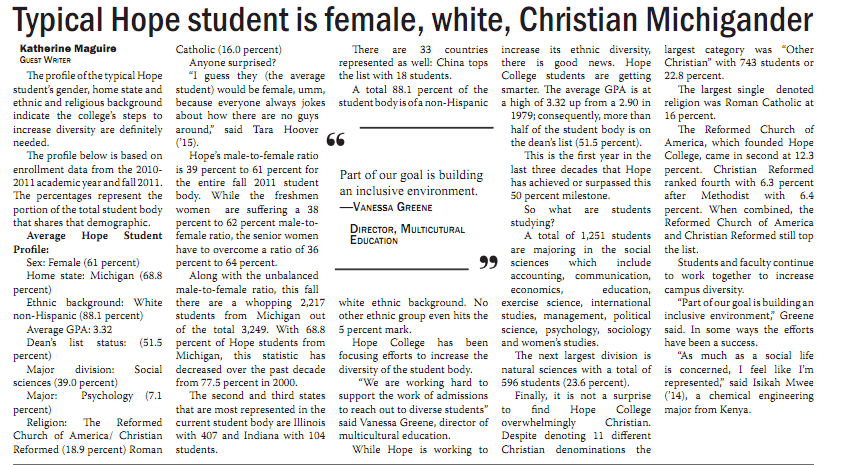
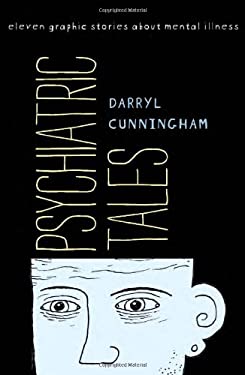
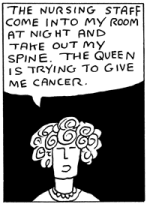




_-_1855_-_Da_front._di_Foglie_d'Erba.gif)







